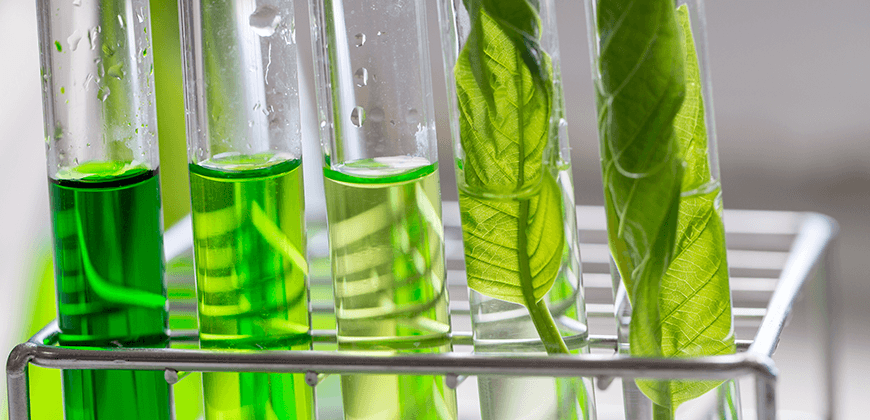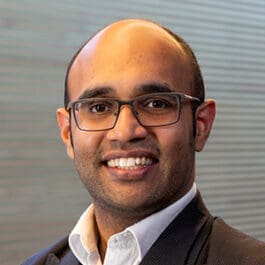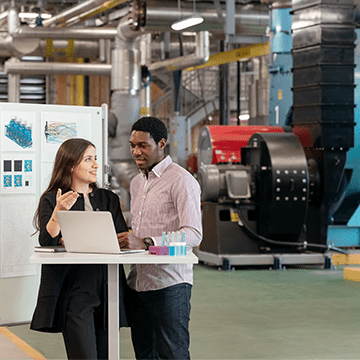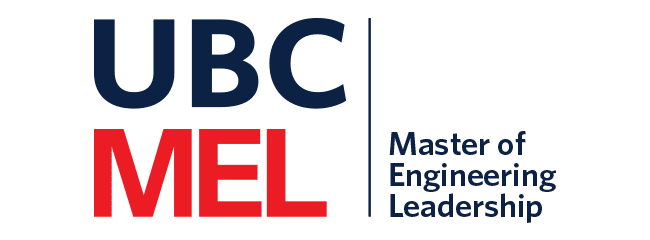Spotlight: Program Series with Vikram Yadav

By Vikram Yadav, Director of the UBC MEL in Sustainable Process Engineering
From sustainable processes to sustainable businesses
For over 100 years, the chemical industry has proven its versatility in taking raw materials and making countless products from them. In many respects, these processes are incredibly efficient. But are they environmentally sustainable? Viable in the long term? No.
As our world confronts the impacts of dwindling resources and climate change – the greatest crisis ever faced by humanity – process inefficiencies and the significant environmental impact of our choice of inputs and processes will only become more acute. These issues are amplified by the very real requirement to meet the needs of a growing world population that expects a high quality of life.
Some solutions will be found by looking to new inputs. Choosing biomass over oil or mineral resources is an obvious start. To take just one example, lignin, which accounts for about a third of wood biomass and currently has very few uses, could be used to source chemical building blocks for the manufacture of pharmaceuticals. In a more futuristic example, cellulose-based bioelectronics and films could replace current materials and possibly even help cellphone screens attain the qualities that we yearn for, including durability, conductivity and transparency. Both examples use greener and cleaner materials as inputs than conventional methods.
In addition to inputs, sustainability is also linked to the choice of processes. There must be a focus on optimizing atom and energy efficiencies, seeking manufacturing processes that maximize the use of each input atom, eliminate the use of toxic reagents and solvents, and minimize waste by-products.
This is the vision of a new engineering for the industrial economy that develops better processes and products that significantly improve quality of life, safeguard the environment and derive maximum economic value from our resources. Only by meeting these three outcomes will we be able to address climate change.
Still, one of the most significant factors in all of this is being able to design a sustainable business. While it is absolutely crucial that we train the next generation of engineers to think in these new ways and to challenge the processes and paradigms that have dominated for so long, we must extend our thinking beyond the science. The next generation of engineers needs to know how to take their ideas, test them, scale them up and commercialize them. They need to develop the next generation of processes and have the know-how to succeed in business. There is no point in developing a replacement to a traditional chemical manufacturing process only to have it outcompeted in the market by a dirty process.
UBC recently developed the Master of Engineering Leadership (MEL) in Sustainable Process Engineering program to meet this pressing need for a new kind of engineer. This 12-month professional master’s degree provides a balance between technical courses taught by the Faculty of Applied Science and business and leadership classes taught by UBC Sauder’s Robert H. Lee Graduate School.
Our students will gain foundational skills in business, leadership and entrepreneurship. That’s essential. These skills will catapult our graduates to positions of leadership in the new, bold bioeconomy. They may either create new ventures or end up working in large organizations, but they will only be able to advocate for change and new ways of doing things if they have a solid understanding of business strategy backed by excellent communication, management and presentation skills.
We need to see shifts on a large scale. And that will only happen when people are able to develop innovative and sustainable products and then use their entrepreneurial skills to commercialize them and rule the market.
Learn more about how the Sustainable Process Engineering program can help you lead change in your industry, giving you the technical knowledge, foundational business skills and leadership confidence to excel in your career. UBC also offers the MEL in other sector-specific programs, including Clean Energy Engineering, Dependable Software Systems, High Performance Buildings, Integrated Water Management, Naval Architecture and Marine Engineering and Urban Systems.
Sustainable Process Engineering
Translate innovations in green chemistry and sustainable manufacturing into entrepreneurial ventures.
Read MoreFeatured Faculty and Staff

DR. VIKRAM YADAV
Featured Faculty and Staff

DR. VIKRAM YADAV
Sustainable Process Engineering
Translate innovations in green chemistry and sustainable manufacturing into entrepreneurial ventures.
Read More
